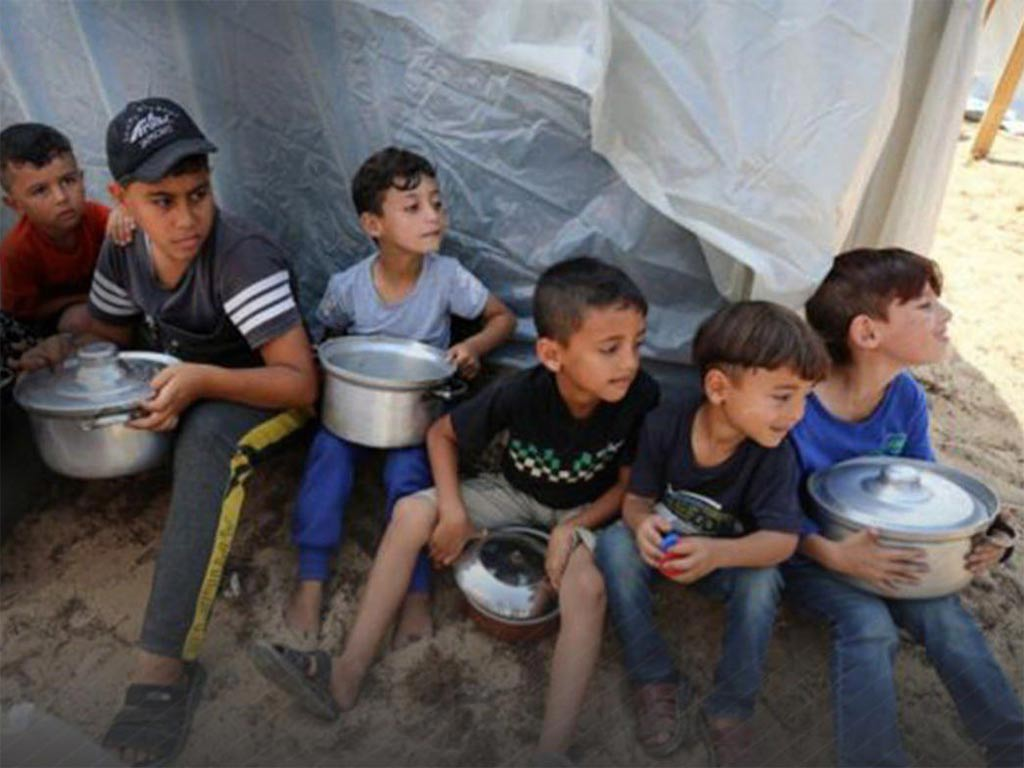
Ramala, Nov. 4 - Israel continues its strategy of using food as a weapon of war in the Gaza Strip, despite the truce in effect since October 10, authorities in the territory denounced today.
The Director General of the Government Media Office in Gaza, Ismail Al-Thawabta, accused Israel of maintaining restrictions on the entry of food and medicine, in clear violation of the signed agreements.
Israel allows the entry of some types of processed and low-nutritional-value foods, but prevents the arrival of grains, legumes, meat, dairy products, fresh vegetables, and eggs, the official emphasized.
This strategy worsens living conditions and leaves thousands of families in a situation of hidden hunger and chronic malnutrition, especially among children, women, and the elderly, he warned.
Al-Thawabta stated that Benjamin Netanyahu's government is using food as a weapon of war, in flagrant violation of international humanitarian law and the Geneva Conventions.
He criticized Israel for allowing an average of only 145 trucks per day into Gaza from the start of the truce until October 31, despite the commitment to allow 600.
He explained that the problem is not limited to the number of trucks, but also encompasses the type and contents of the goods.
In this regard, he noted that Israel allows the entry of consumer or luxury items, such as coffee, soft drinks, chocolate and some dry foods, but prohibits essential goods, including medicines, fuel and construction materials.
He revealed that the number of fuel tankers did not exceed 115 of the 1,100 planned.
The director general of the Al-Shifa medical complex, Muhammad Abu Salmiya, also accused Israel last week of limiting the entry of medical supplies into Gaza, a measure that threatens the lives of tens of thousands of patients.
Only 10 percent of the necessary supplies entered the territory after the truce, revealed the doctor, who emphasized that 350,000 people need medication to treat chronic illnesses.
Zaher Al-Wahidi, director of the Health Information Unit of the Ministry of Health in Gaza, had warned days earlier about the severe shortage of medicines in the territory.
For his part, Amjad Shawa, director of the Gaza NGO Network, asserted that the flow of aid to the coastal enclave had not changed substantially since the end of the fighting.
Shawa questioned the Israeli army for keeping four of the Gaza Strip's six border crossings closed – Karni, Zikim, Erez, and Rafah – while imposing severe restrictions at Kerem Shalom and Kissufim.
The Palestinian Center for Human Rights also criticized the “deliberate obstruction by the occupying authorities of the entry of humanitarian aid.” (Text and photo: PL)